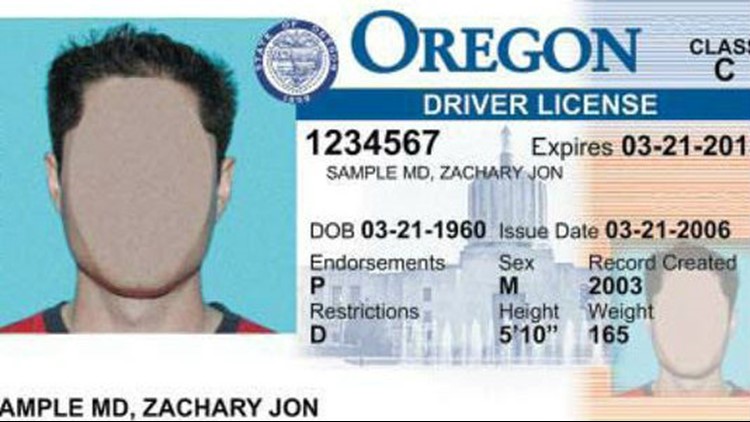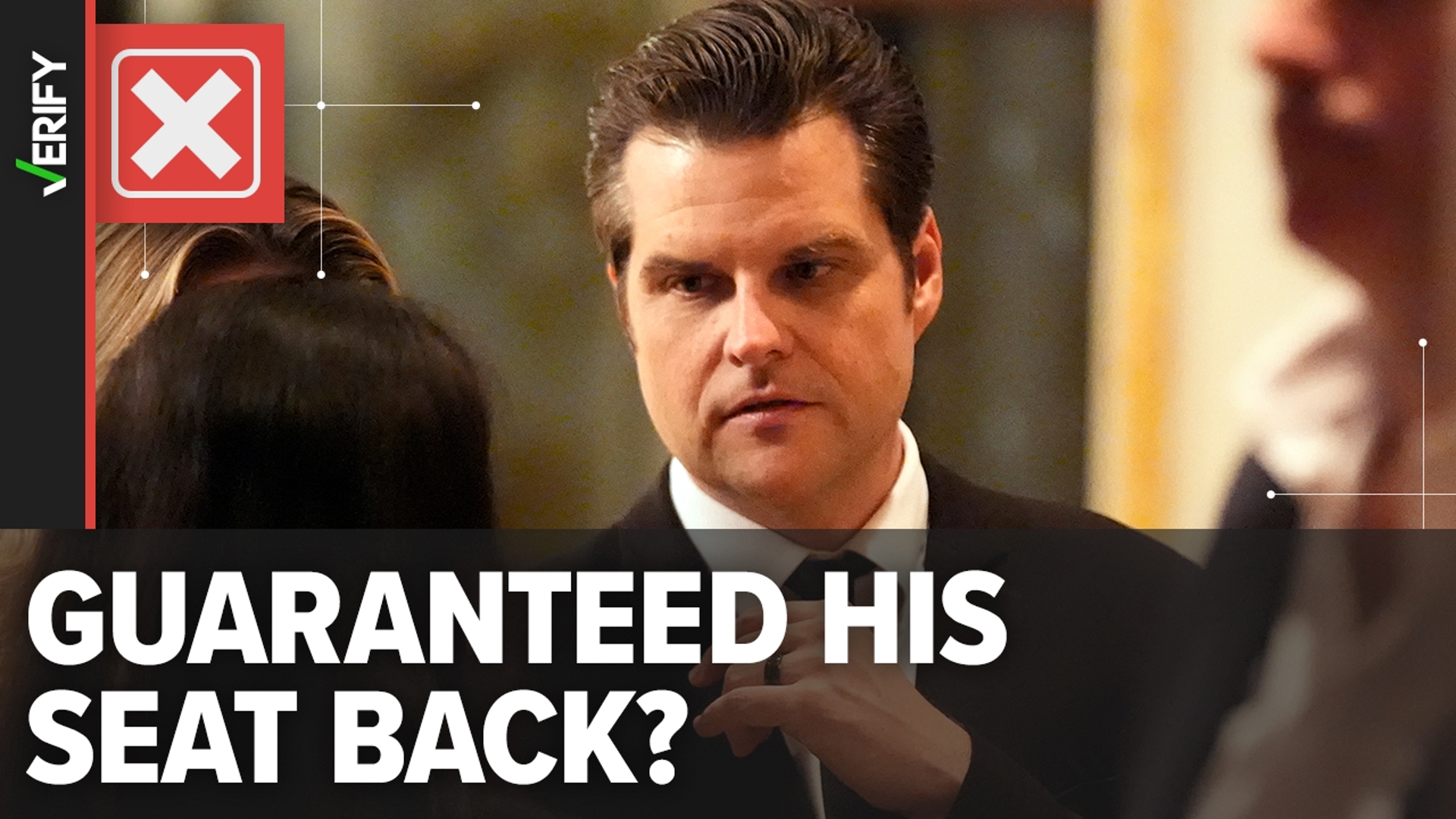PORTLAND, Ore. — A Fred Meyer customer recently reached out to KGW about his experience with the grocery chain's new carding policy for alcohol purchases. He went to buy beer at a Fred Meyer in Beaverton and was asked to show his ID. That part wasn't too unusual, he said, but what came next was a surprise.
The clerk asked to scan the barcode on his driver's license at the register, a practice which he hadn't encountered before, and he said it felt like it crossed the line into being invasive.
A Google search reveals some other surprised reactions from customers who apparently encountered the same procedure at Fred Meyer or other stores, so KGW sought to clarify the rules, particularly for the barcode scans.
THE QUESTIONS
Does Fred Meyer now card all customers who purchase alcohol? And does that process include scanning the barcode on a driver's license?
THE SOURCES
THE ANSWER
Yes, Fred Meyer now requires all customers to be carded when purchasing alcohol, regardless of their apparent age. And yes, that includes scanning the barcode on their driver's license, although Fred Meyer says it will allow its customers to opt out.
WHAT WE FOUND
Universal carding
When asked about the carding policy, a Fred Meyer spokesman sent KGW the following statement:
At Fred Meyer, the safety of our customers, associates, and the communities that we serve is our top priority. We now require all customers to provide ID for the purchase of age-restricted items to help ensure 100% compliance with state and local requirements. This practice aligns us with the growing number of retailers and delivery providers that have already implemented this standard.
Universal carding has indeed been getting more common for quite a while, as documented in a 2013 Wall Street Journal story. Tennessee even made it a state law in 2007 for retailers that sell alcohol for off-premises consumption, CBS News reported. The trend applies to Oregon too, according to Oregon Liquor and Cannabis Commission communications director Mark Pettinger.
"Based on the reports that we're receiving, yes, it appears that more and more retailers who are also licensed by the OLCC to sell alcohol have instituted corporate-wide policies that identifications be checked for anyone who's making an... age-restricted product (purchase), and that includes alcohol," he said.
Barcode scanning
Driver license barcode scanners are also becoming more common, Pettinger said. The OLCC's guidance calls for retailers to visually check the ID of anyone who appears to be age 26 or younger, but businesses are free to take a more stringent approach.
"If a licensee wants to use age verification equipment, they're perfectly allowed to do so," he said. "There's nothing in the law that says they can't... for them, it's just another degree or another layer of compliance."
Fred Meyer addressed the topic in a recent comment on a Facebook post, writing in response to a complaint about the new procedure:
Cashiers will scan the back of the Customers ID at checkout. Data is not stored in our computer systems at all. This is done to speed up the checkout process and reduce the number of typos when entering dates of birth. If customers do not feel comfortable with the store scanning their ID, they can request that the cashier manually enter their date of birth instead.
The rear barcode holds the same information that's printed on the front of a license, according to Oregon Department of Transportation spokesman Kevin Beckstrom. Private businesses are only permitted to scan the barcodes for specific purposes, he said, one of which is age verification.
Under Oregon law, businesses that scan for age verification are prohibited from storing, selling or sharing the information.



